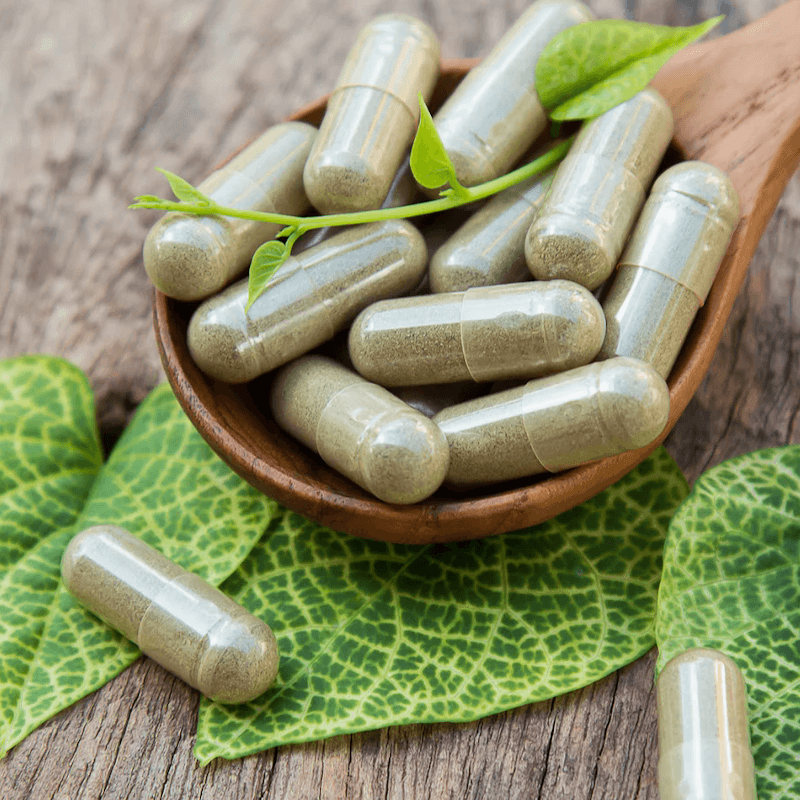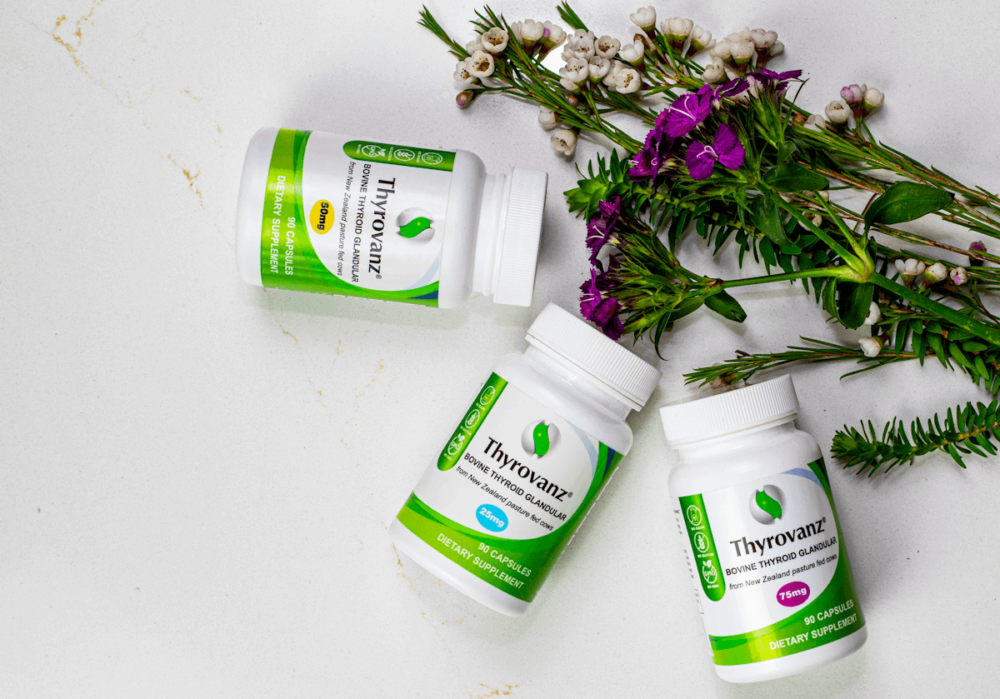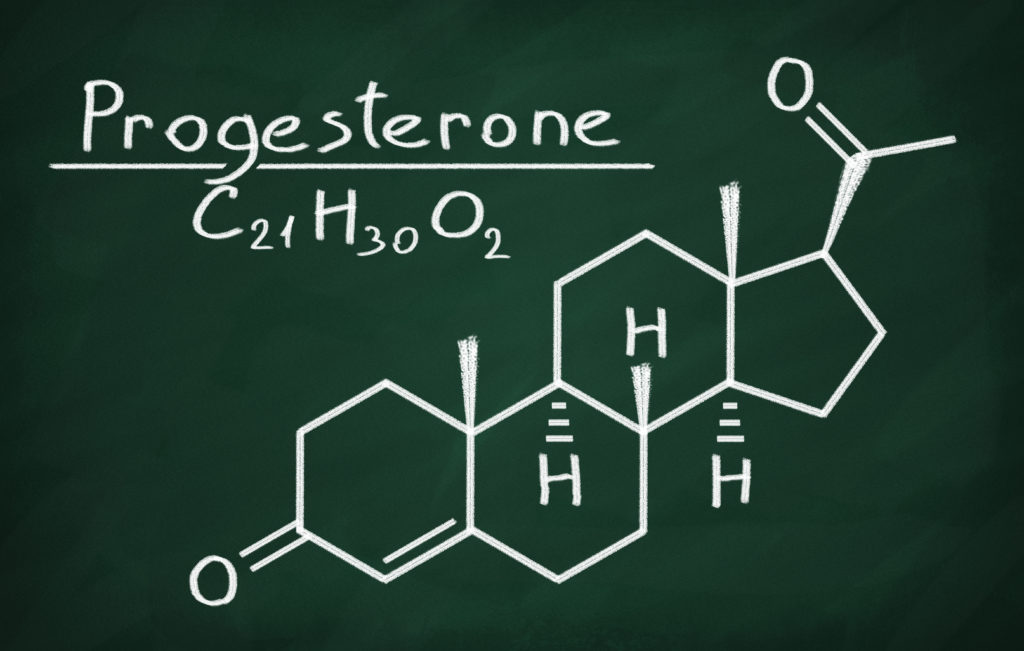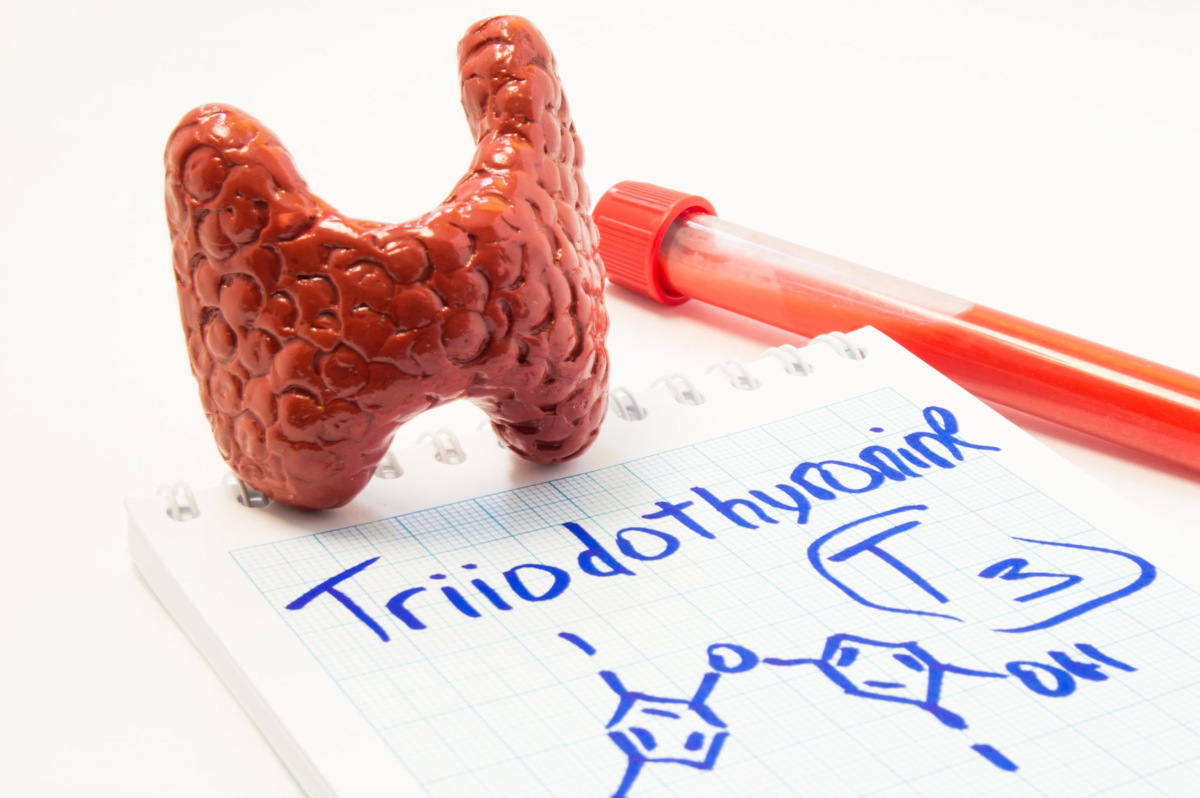Understanding Thyroid Glandular Supplements for Health Exploring the potential gains and dangers of thyroid glandular supplements is key if you are considering taking them to support your thyroid health. The thyroid is a key element for maintaining one’s vigor and metabolic rate, thus having an impact on overall health. In this article, we will explore
Progestin vs Progesterone: Thyroid Health Benefits Comparing progestin vs progesterone requires an understanding of their origins, uses, and potential benefits. Progesterone is a naturally occurring hormone produced in the body, while progestins are synthetic compounds designed to mimic its effects. This article will explore these two substances in detail and provide valuable insights for those
Boost Your Health with Underactive Thyroid Supplements If you’re looking to promote better thyroid health, taking underactive thyroid supplements can be a beneficial part of your daily regimen. As an essential component of overall wellness, maintaining optimal thyroid function is crucial for hormone production and regulation. In this article, we will explore various natural supplements
Ashwagandha and Thyroid: Natural Support Explained Ashwagandha and thyroid health have become a popular topic of discussion among those seeking natural ways to improve their endocrine system function. This ancient medicinal herb, scientifically known as Withania somnifera, has been used for centuries in traditional medicine to address various health conditions. In this article, we will
- 1
- 2










